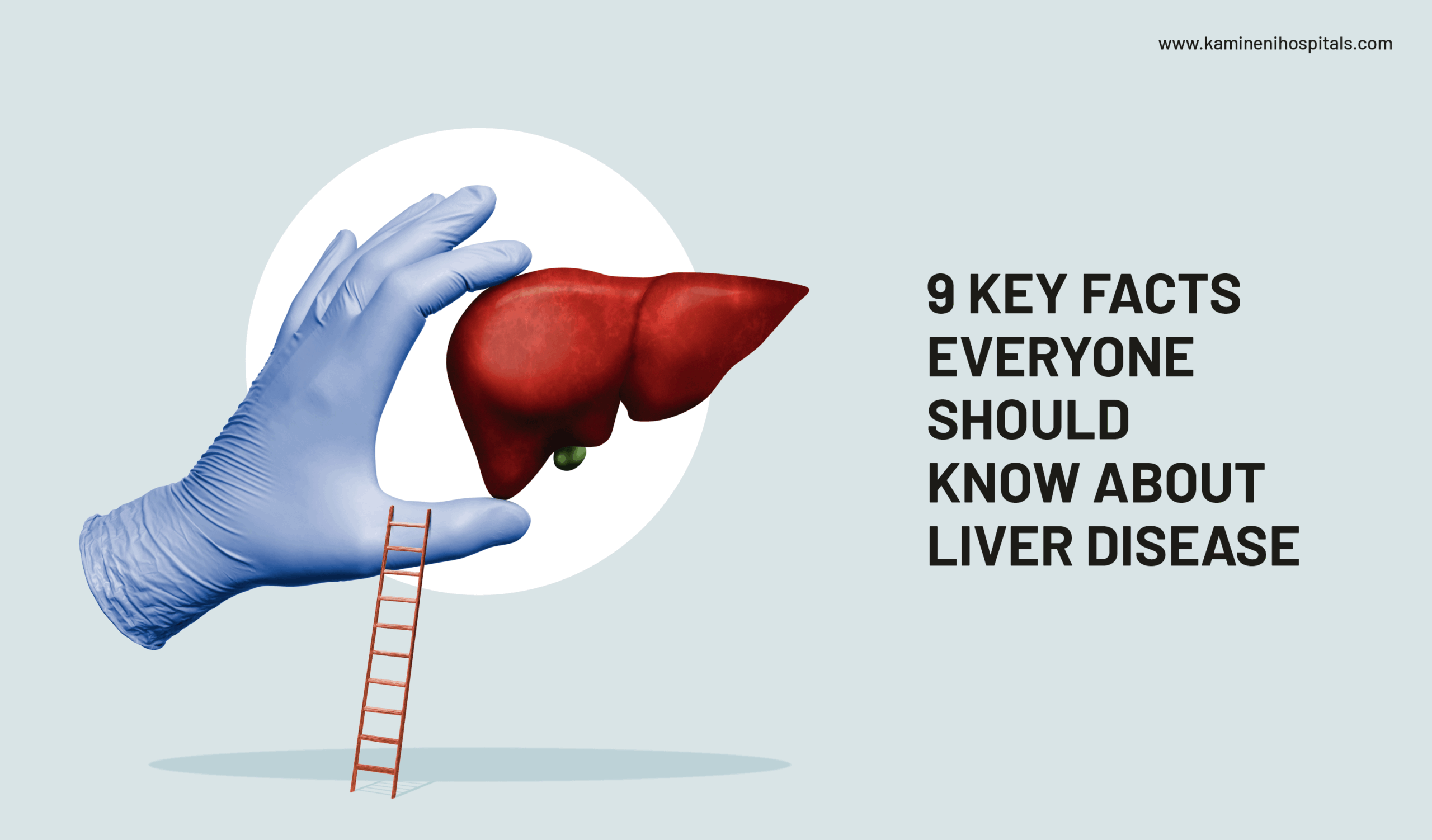Do you know that your liver has over 500 jobs? From filtering blood to producing bile, your liver is a multitasking powerhouse. It’s the only organ that can regenerate itself, even after 70% is removed. Liver is constantly cleansing your blood of toxins and waste.
Any damage to the liver affects your entire well-being. Hepatitis is the condition that affects the liver health significantly. Let’s have a look at Hepatitis, its types, and how you can protect yourself from them.
What is Hepatitis?
Hepatitis means inflammation of the liver. It is usually caused by a virus, and the most common types are A, B, and C. Though all three affect the liver, they differ in their spread, seriousness, and treatment.
Hepatitis A: Short-term but Preventable
Hepatitis A, mostly spreading through contaminated water or food, is prevalent in places with poor sanitation. Its symptoms are fever, nausea, yellowing of skin or eyes (jaundice), and stomach discomfort. The good news is that Hepatitis A is a completely curable short-term illness and rarely causes long-term liver damage. However, it makes you feel very sick, and should be avoided with proper hygiene and vaccination.
How to Prevent
- Drink clean, boiled or filtered water.
- Wash hands before meals and after using the bathroom.
- Get the Hepatitis A vaccine.
Hepatitis B: A Long-Term Risk
Hepatitis B spreads through blood, unprotected sex, or from mother to baby during birth. Some people experience symptoms such as fatigue, jaundice or
Abdominal pain, while some don’t show any symptoms. Hepatitis B can become chronic and may lead to liver damage, cirrhosis, or liver cancer. If you’ve been diagnosed with Hepatitis B, regular check-ups with a hepatologist in Hyderabad can help monitor and manage the condition effectively.
How to prevent
- Get the Hepatitis B vaccine. It is usually given at birth and in early childhood.
- Avoid sharing razors, needles, or toothbrushes.
- Use protection during sex.
- Always make sure blood transfusions are from a screened source.
Hepatitis C: The Silent Threat
Hepatitis C mostly spreads through direct contact with infected blood, often through unsterilized needles or medical equipment. Symptoms may not show until the liver is badly damaged. Hepatitis C can silently lead to serious liver disease or liver failure.
How to prevent
- Avoid sharing needles or any personal items with blood contact.
- Make sure tattoos or piercings are done with sterile equipment.
- No vaccine exists yet for Hepatitis C, so prevention is key.
When to See a Doctor?
Visit a doctor, if you’re feeling unusually tired, have yellow skin or eyes, or persistent stomach discomfort. Early diagnosis can prevent serious complications. At Kamineri Hospital, our experienced hepatologists in Hyderabad and a full-time haematology team can guide you through diagnosis, treatment, and prevention.
Whether it’s short-term hepatitis or a chronic liver concern, Kamineri Hospital is here to help. Our experienced hepatologists in Hyderabad and a full-time haematology team can guide you through diagnosis, treatment, and prevention. We are committed to helping you live a healthier life, in more ways than one.












